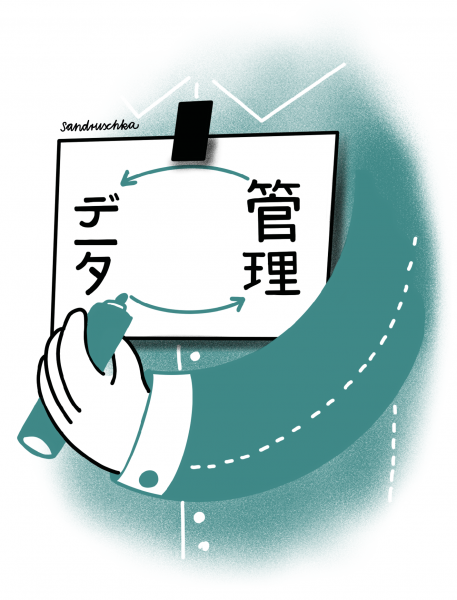08 - Babylonic Confusion

Are you Japanese? This may bode ill for your reputation.
On January 1st 2020 a minor lexical revolution occurred in Japan. A new decree ordained that official documents should reverse the order of Japanese people’s names when they are rendered in the Latin alphabet. Hitherto in, say, English documents, Japanese names had to be written with the given name first, using the Western standard. Henceforth, the family name will come first and, to eliminate any ambiguity, may be entirely capitalised. Thus, Japanese naming conventions are now identical for Japanese and foreign characters, at the cost of breaking with the transcription standard that had been in force until then. This could result in a higher number of wrongly or non-attributed quotes, and thus a relative loss of reputation for Japanese authors. This will last until the providers of citation metrics and, more importantly, those citing Japanese authors have become accustomed to the new convention.
The example shows that it is always convenient to have a persistent identifier to work around such problems. For people, for example, there is the non-profit scheme ORCID as well as Thompson-Reuter's ResearcherID. If these PIDs are used for scientific quotations, articles are correctly attributed to their authors, regardless of changed naming conventions. Those citing others are able to more easily keep an eye on the contributions of authors despite changes in name or convention. For the authors themselves, correct attribution of articles is indispensable for their academic reputation.
Source and further information concerning persistent identificators:
